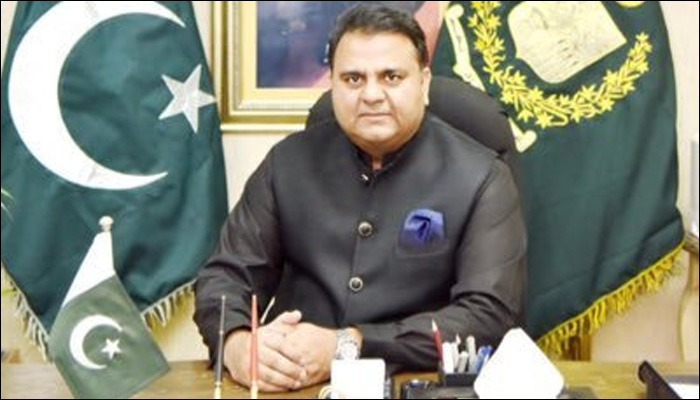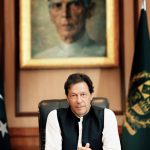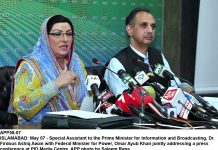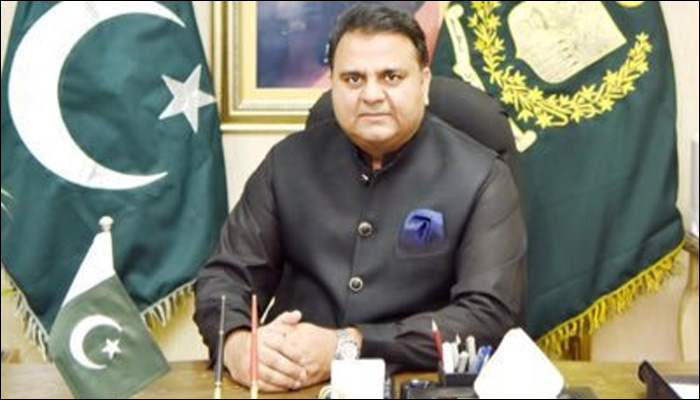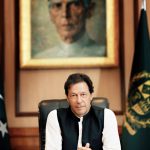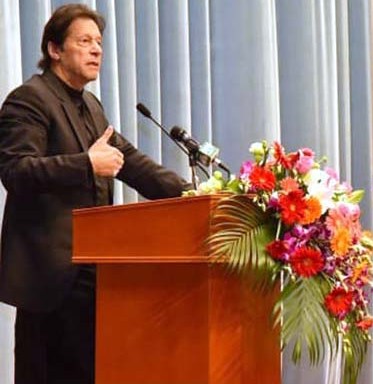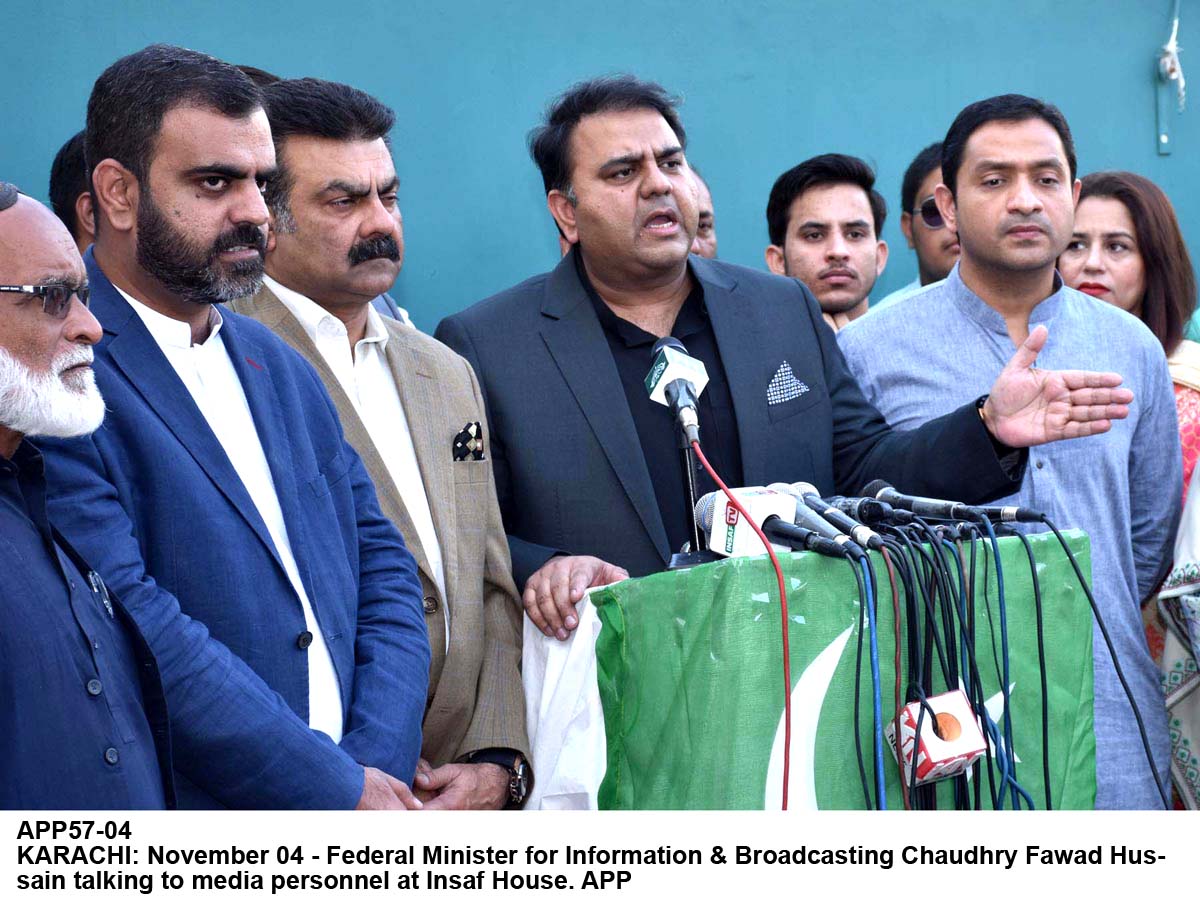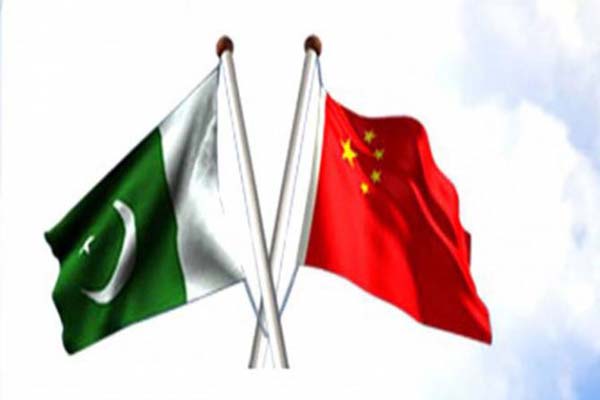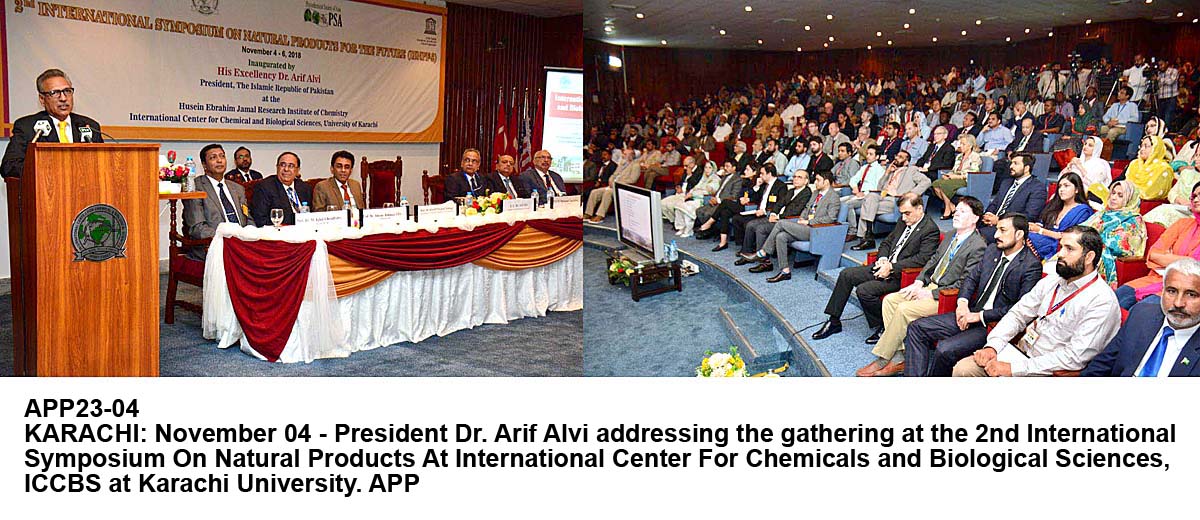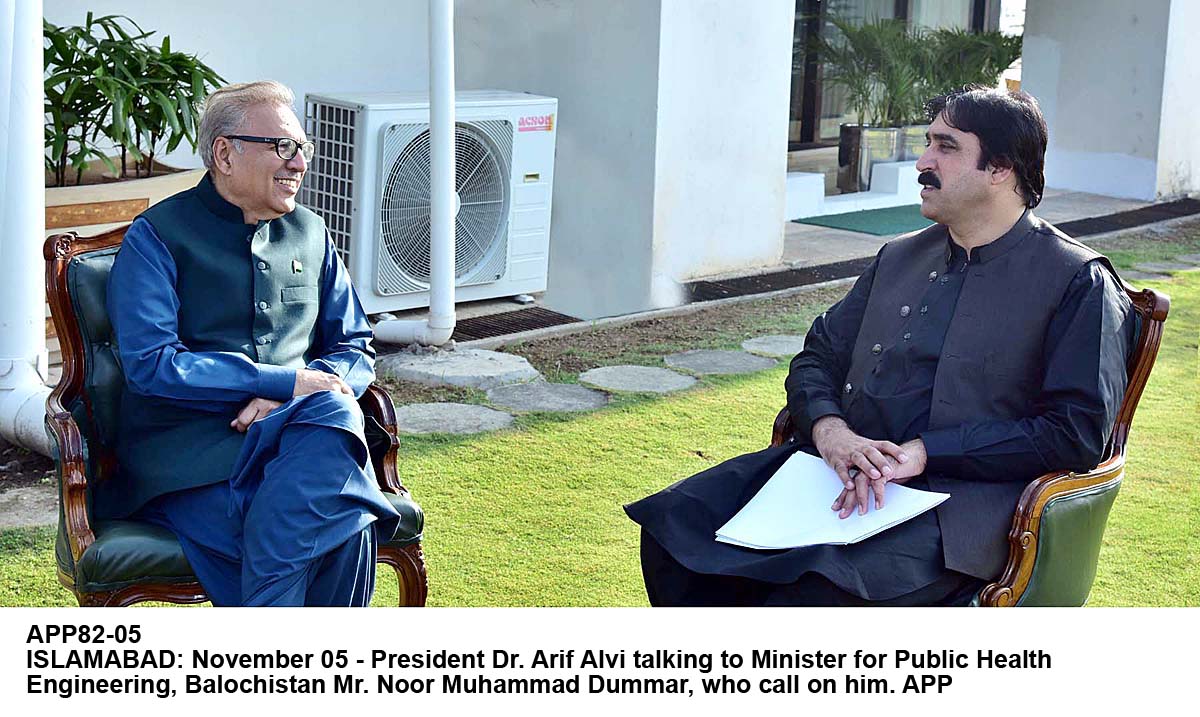
Over the past couple of years, slowdown of the economy in India, growing social unrest and, most recently, the global slowdown because of coronavirus outbreak has cast shadows on the ‘glittering’ relationship between News Delhi and Washington. Especially, India’s slow economic growth and inability to modernise rapidly has irked the US most. More specifically, the relations went off the track in the first half of this year after the US and India got into a tit-for-tat tariff war following the US’ termination of India’s Generalized System of Preferences which would allow New Delhi to send certain goods to the US duty-free. There have been continuing efforts to structure a ‘modest’ trade deal since then, however nothing could be materialized during Modi’s visit to US last September as well as during Trump’s recent India visit.
Trump has repeatedly called out India as a source of US trade deficit. There’s also the issue of restrictions on H-1B work visas. Trump has repeatedly accused tech companies in the United States of using the program to replace Americans with cheaper foreign workers, 75% of those from India. The lack of anything concrete reveals just how far apart the United States and India are on a litany of issues, including trade deficits, agricultural tariffs and non-tariff barriers, intellectual property rights, investment barriers and digital services.
The inability to get any meaningful trade agreement in place during the recent visit of President Trump speaks volumes about India’s potential future relations with the US, especially with Trump as president. On top of this, Donald Trump and his transactional outlook towards foreign policy has soured the India-US relationship.
Disputes related to trade and investments have been increasingly contested in the public and not resolved at diplomatic levels. Trump lauding progress in US-Pakistan relations and counterterrorism cooperation in Modi’s political base of Ahmedabad was another surprising feature of the trip. At a media engagement along with Modi, Trump once again offered to mediate the Kashmir dispute, which only served to further anger India.
Trump and Modi are raising some disquieting questions on the future direction of US-Indian relations, according to William J Burns, President of the Carnegie Endowment. After a resounding reelection last spring, Modi has struggled with India’s most severe economic slowdown in three decades. Lacking a compelling strategy for the economy, he has doubled down on the one set of issues for which the BJP has a very clear and unified vision: Hindu majoritarianism. Soon after his reelection, Modi revoked the constitutionally protected autonomy of occupied valley of Kashmir. His government also pushed a new citizenship law that discriminates against Muslims. The BJP has also run into political difficulties in state and local elections. This political turmoil has only added to India’s economic difficulties, and put a strain on the country’s relationship with the US, according to Burns.
In the process of his personal embrace of President Trump, Modi too has opened a new Pandora’s Box. During the Houston event last year, Modi was seen tacitly endorsing Trump’s re-election, which has generated some bad blood with the Democrats. Senator Bernie Sanders and Senator Elizabeth Warren have been openly critical of Modi’s policies, especially the controversial Citizenship Act.
Several Indian opposition leaders have also criticised Modi for endorsing Trump for re-election and taking sides in the US domestic politics.
However, the recent open threat President Trump threw at India has exposed the dangerous side of New Delhi’s friendship with the US. India, the largest producer of hydroxychloroquine, initially banned exports of the drug on March 25 to ensure adequate domestic supplies. Rules were then tightened further with formulations made from hydroxychloroquine also barred for export.
This didn’t go well with the US, and at a press conference, Trump explicitly threatened retaliation if the ban was not lifted, for the US. Within 24 hours, the ban was lifted much to a huge embarrassment for Modi – a move which also dented pride of India and deflated much touted Modi-Trump friendship.
While India celebrates its ‘newfound friend’ in the US, it does not realize the embedded threats this equation brings with it. With each passing day and as US ingresses in to Indian military with its hardware, the more it will start to impact and influence Indian foreign policy. The hydroxychloroquine saga was the first experience of India with US and surely there is a lot more to come. As Trump and Modi herald the downfall of the Indo-US partnership, Pakistan just enjoys from the sidelines.


